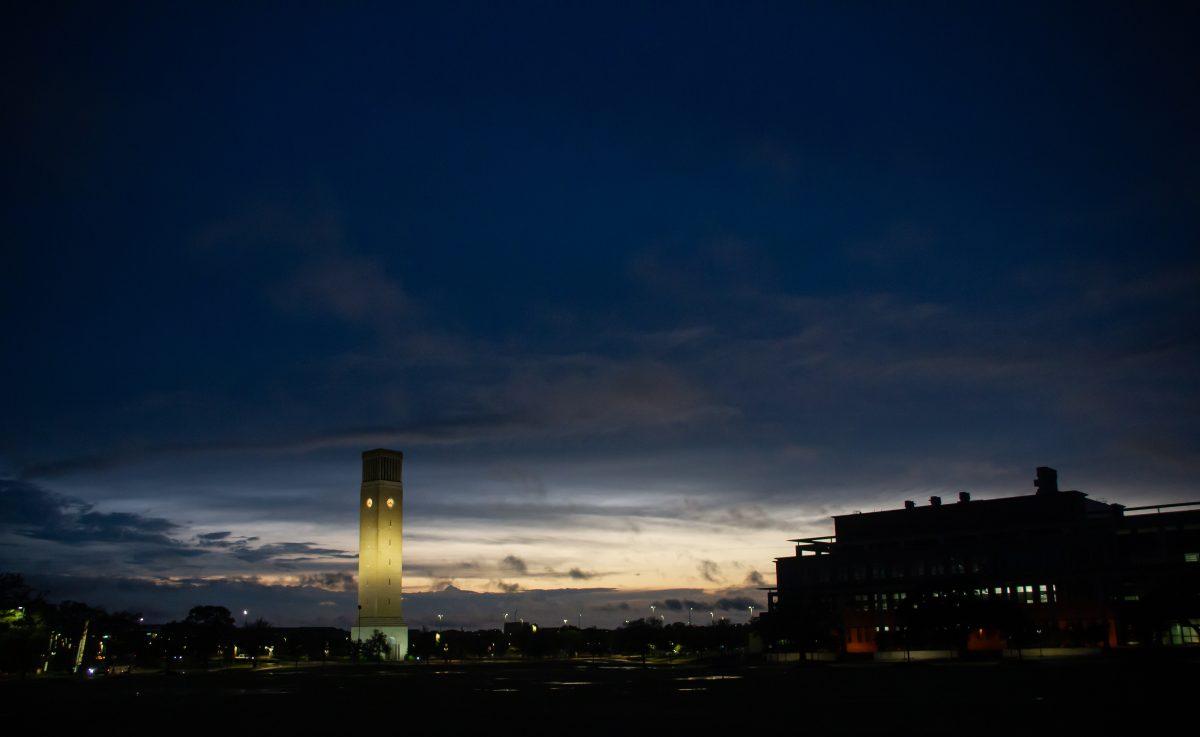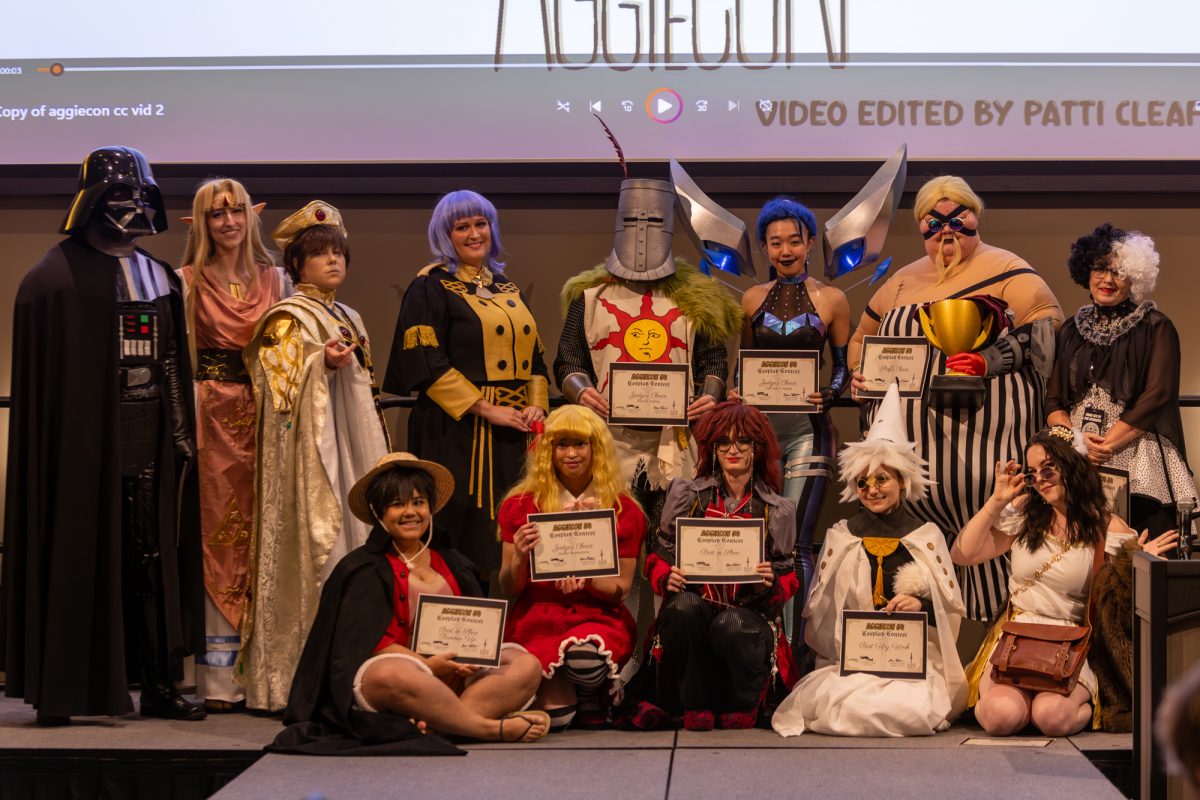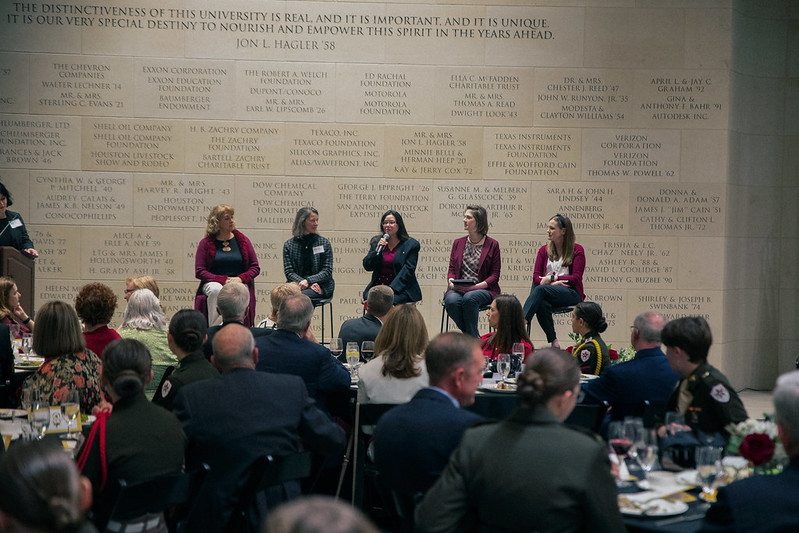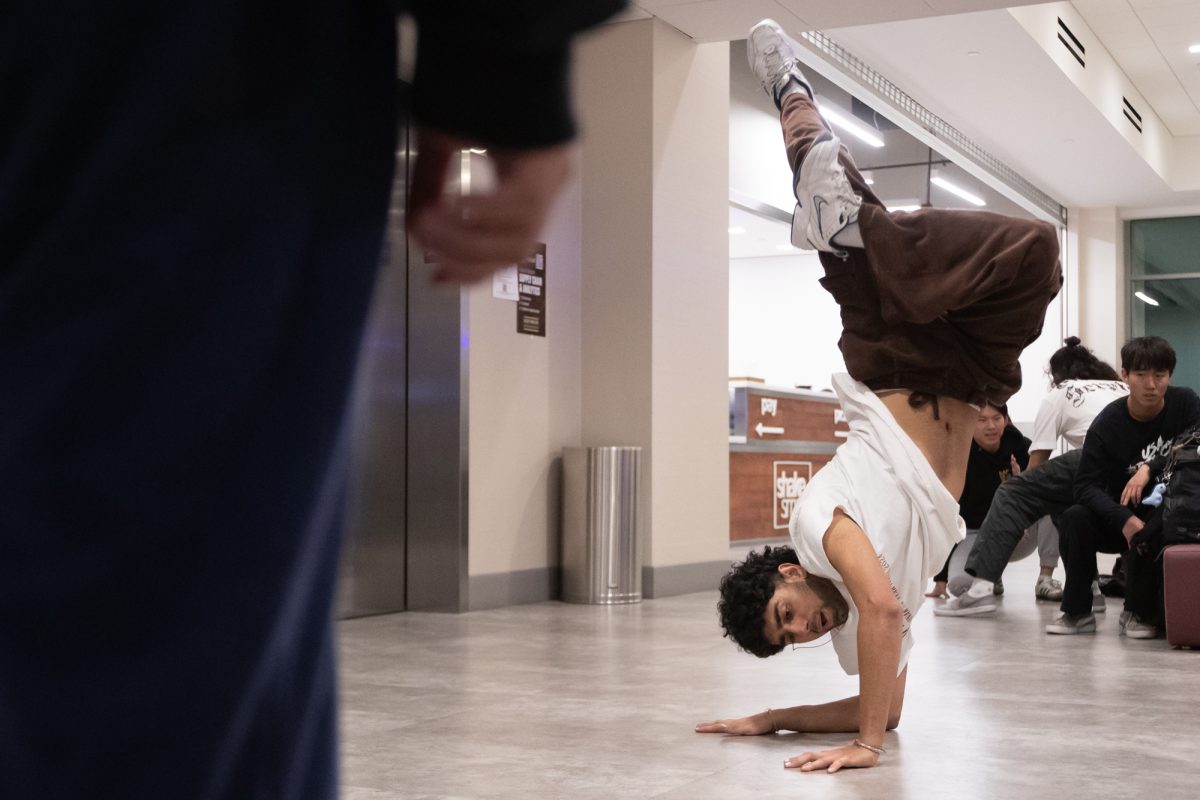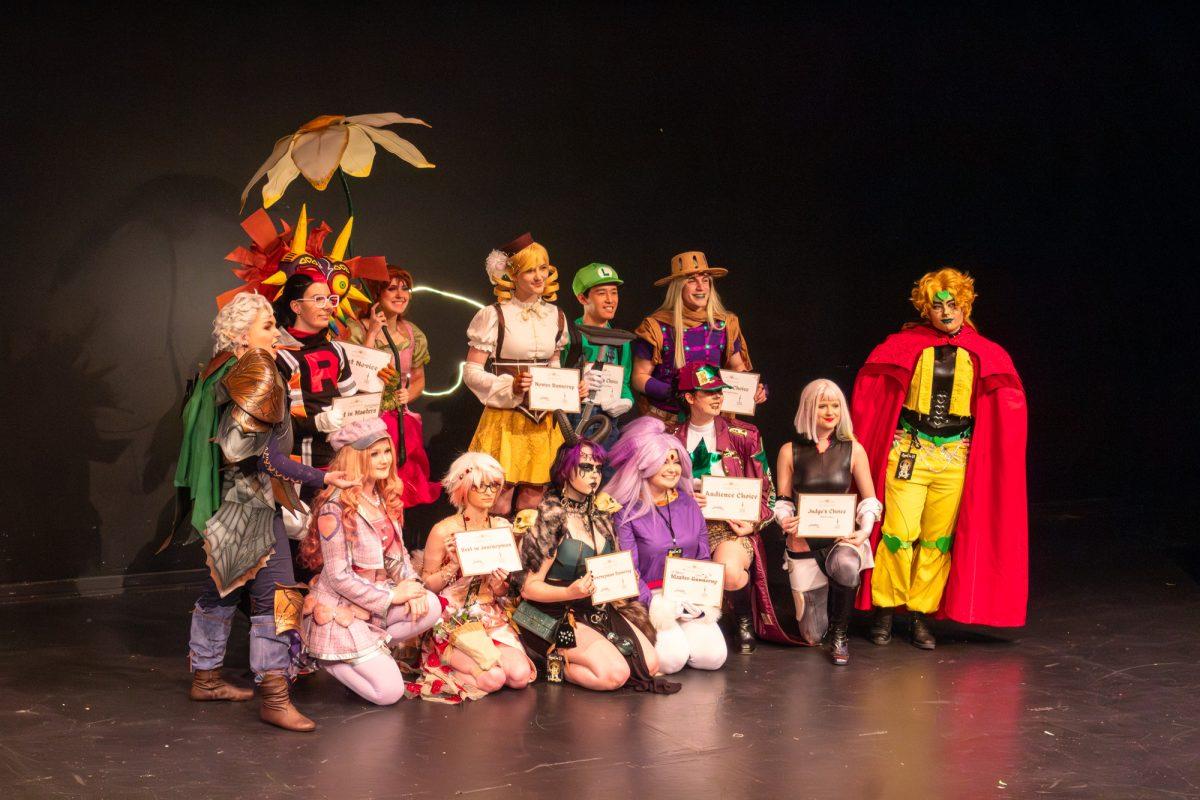As students approach graduation, a crippling anxiety may begin to gnaw about what awaits them on the other side. Past the gowns and mortarboards lies the slow apprehension that there will no longer be a syllabus each semester. Your time is no longer defined by semesters, only the cycle of the seasons, the days crossed out on a calendar, the slow march towards our inevitable end. Suddenly the lessons learned in the classroom seem beside the point. In the face of all of life’s existential questions, you are suddenly thrust into the real business of life: your mere survival. Now what?
For those whose circumstances allow, some may consider a gap year. The term evokes a period of adventure and character building before getting on with the inevitable business of life, whether that be career or more school. It is a neatly packaged hero’s journey, a call to adventure and a return home irrevocably changed. That may be too optimistic. A gap year may or may not be of our own volition, but rather a survival necessity.
Just two years ago, today’s graduate students’ plans were derailed by initial pandemic lockdowns. Forced with their own thoughts, many initiated career changes and pursued additional degrees.
Second-year law student Ny’esha Young always saw law school as a destination but did not immediately act on it. She graduated in spring of 2020 during the thick of the pandemic. While her experience as a paralegal and chief of staff for a state delegate proved invaluable, she does not recommend a gap year for everyone.
“I wouldn’t recommend a gap year if you know that you’re mature enough and this is your dream,” Young said. “I just don’t think there’s a reason to delay it unless there’s a good reason for that.”
Young observes a trend with attorneys discouraging students from pursuing law. She implores students to look at themselves critically and try to be honest with themselves whether they would truly benefit accumulating some life capital in between academic institutions.
“The gap year benefited me as far as improving some of my skills, but could I also have been getting ready to graduate this year? Absolutely, if I hadn’t taken that gap year,” Young said.
Across the Dallas-Fort Worth metroplex, Darby Old just wrapped up her first semester of her nursing program. She graduated with a political science degree in 2019 from UT-Dallas with plans to pursue law, but found her plans derailed the following year.
“Usually in a gap year, people encourage you to travel and work different jobs, but you couldn’t really do that,” Old said. “It was just like a year where we kind of all watched TV and had sex with the person we met right before it happened.”
During this reflective time, Old found herself drawn towards medicine.
“I looked at the same nursing program that I’m in before I was 21 but [a family member] actually discouraged me from doing nursing,” Old said.
Old did not heed their advice, instead finding like-minded peers in her program. Her experience dispelled even her own apprehensions about the profession.
“People talk about the kind of people that nurses are, that they’re mean girls from high school, but all the [nurses] are weird. They’re all just like me,” Old said.
So far, the nursing program has proved more strenuous than her undergraduate education. Old welcomed the challenge with open arms.
“Honestly at that point, I was grateful for somewhere to go every day,” Old said. “But getting back to school, [though] school has always been kind of intuitive, I did kind of have to rework how I studied. It was so different from anything I’ve ever done.”
Old said there are quite a few people in her nursing program in their 30s and 40s, beginning second, maybe third acts, or simply doing what must be done for their family’s sake.
“So many of them are mothers and honestly, that makes sense. Because motherhood is so vulgar and morbid,” Old said. “I went into it because I like gross stuff, but it’s not that they like it, it just doesn’t faze them.”
First-year law student Angelene Superable did not just take one gap year; she took five. After graduating from UC Berkeley, she switched coasts and began building a career in local government and communications. She worked for the Mayor of New York City, the Lieutenant Governor of New York, and, most recently, the Governor of New York.
“I had a feeling that I was gonna go to law school at some point when I graduated. But I just really enjoyed my work,” Superable said. “I kept pushing off the idea of going to law school until I felt like it was absolutely going to be beneficial to me.”
Superable plunged towards law school when she reached a ceiling in her career.
“I realized, I might be the one who gets to talk to the principal, the decision maker, but I’m not making decisions. But you know, who is? The lawyers. Those lawyers who tell us the parameters of what we can talk about and what we can do,” Superable said. “So, I was like, ‘Well, I want to be able to decide what is and what isn’t allowed to be a part of the conversation,’ at least until I can become a decision maker myself.”
Aristotle once said that the law is reason free from passion. Similarly, passion cannot simply cut it in law school. Superable’s first semester instilled in her the determination required for the sustained performance.
“Law school requires determination. Even when you’re not passionate, you have to do well. I came into law school to become a better advocate. And, what I’ve learned so far is that the best advocates are those who can detach themselves long enough to see an argument from multiple vantage points. I’ll admit—it’s uncomfortable to try to wrap my head around a perspective that feels antithetical to my personal beliefs. But becoming the best advocate I can possibly be necessitates that I lean into that discomfort,” Superable said.
Superable’s gap years were also valuable for one central thing: perspective. Her prior professional experience allows her to take this all in stride.
“I feel so much internal pressure to prove to myself that I deserve to be here. But, my mom reminds me all the time that all I have to do is pass,” Superable said. “And, when I graduate, I still get to say, ‘I’m a lawyer.’”




